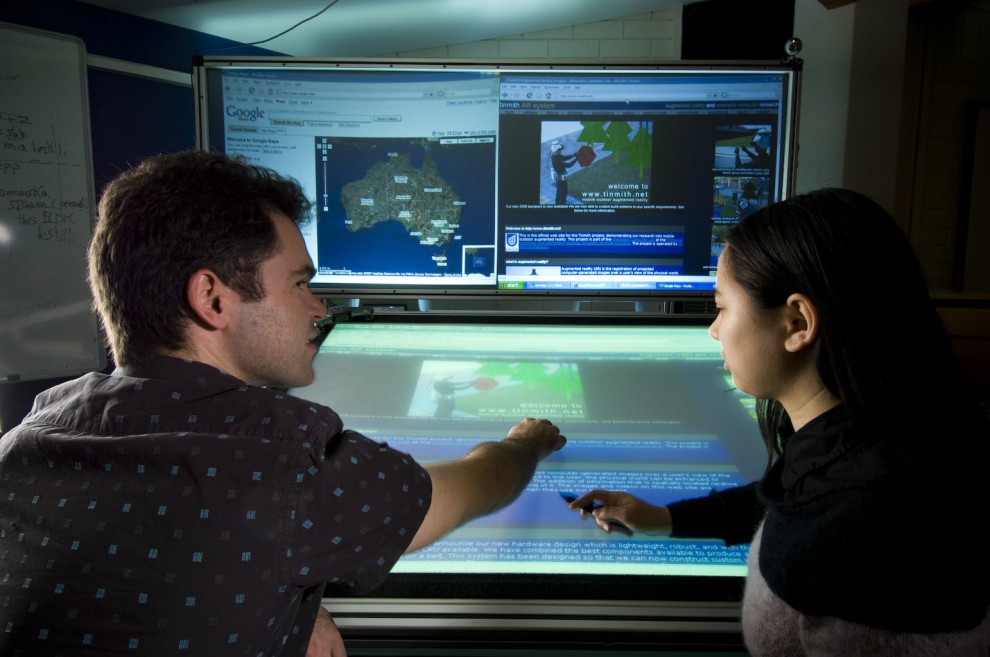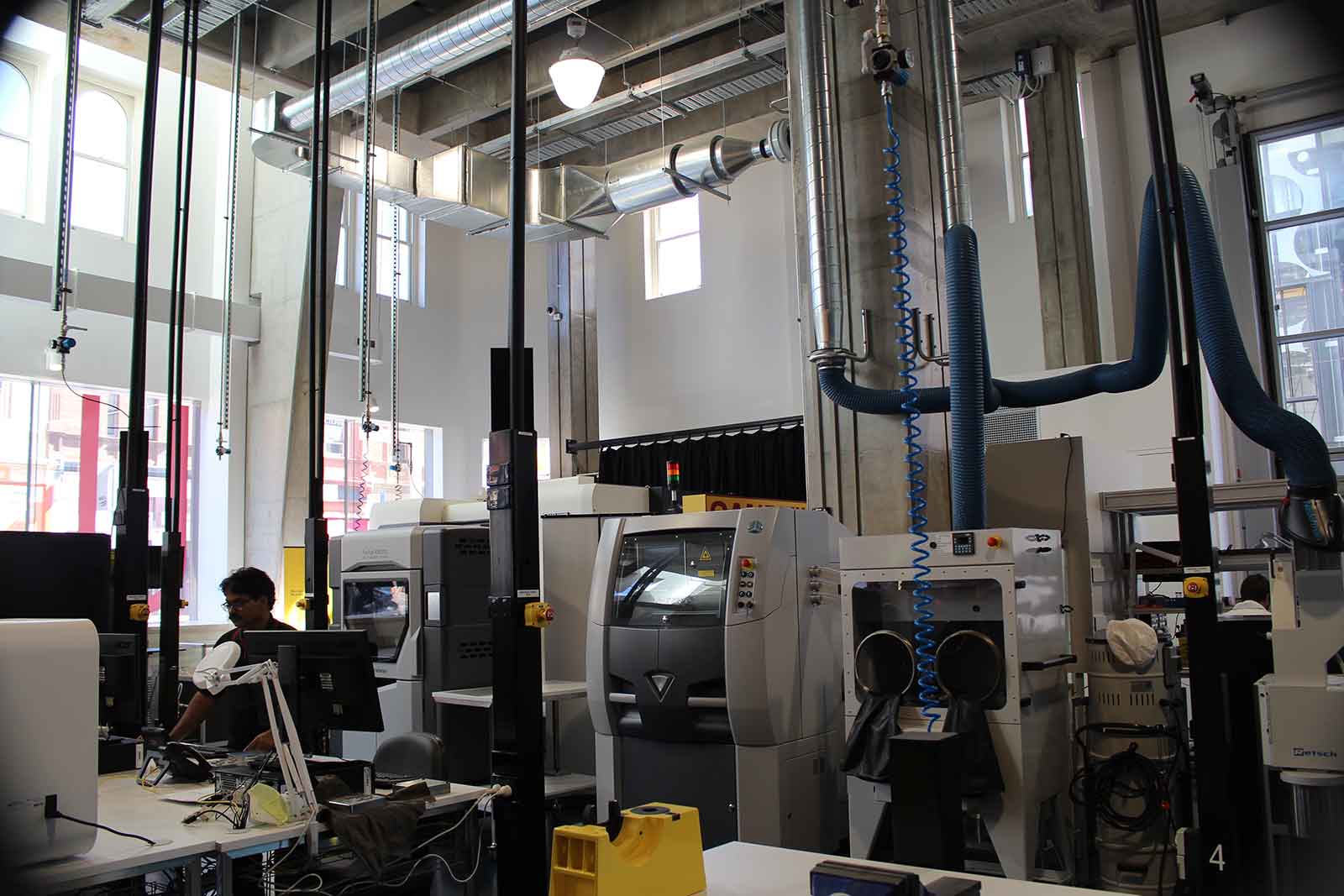(This is the second part of my article on Kompas KLASS, December 2015. The first part can be found here)
Although Data Science is a new discipline, universities in different countries are competing to open this course. Most still offer it at the postgraduate level, but some have been taking undergraduate students, such as in the Bachelor of Science program with a major in Data Science at Macquaire University, Sydney, Australia.
The programs at those universities contain more or less the same subjects, namely the combination of math, statistics, and computer. However, the arrangement, emphasis, and implementation of curricula can be slightly different at each university
Because many giant companies with large data are located in the US such as Facebook, Google, Amazon, and LinkedIn, a lot of Data Science majors are offered there. Among them are Columbia University, New York University, Carnegie Mellon University, Arizona State University, University of Stanford, and the University of California, Berkeley.
The use of big data in the US is also supported by the government. Realizing the power of data to create benefits, the US government launched washington.gov/usds sites. Hundreds of thousands of data sets are opened for public. Many applications have been created using the agricultural map and weather data. Obama invited the public to use this service to ” solve problems, save lives, and create jobs and opportunities”.
The Indonesian government has already understood the important value of big data. Currently, 25 staffs from several ministries in Indonesia are studying data science at the University of South Australia ( UniSA ). In the governmental sector, the use of big data can save a lot of operational expenditures, embezzlement of state finances can be suppressed, and tax revenue can be increased.
Due to the very broad applications of data science ranging from health, business, to government, this course usually involves other departments. For instance, at New York University, the data science students take other subjects in Economics, Law, and Sociology.
Columbia University has six research centers of data science for New Media, Cyber security, Health Analytics, Smart Cities, Financial and Business Analytics, as well as the Foundation of Data Science fields. The Master of Science in Data Science is very interdisciplinary; it is associated with courses in Medicine, Journalism, and Engineering.
Data Science not only involves the technical aspects. Issues on ethics, privacy, and legal matters are also covered to produce scientists with a vision. Many practitioners are involved in teaching the Capstone Project subject where students work in groups and practice how to use data in the industry. Because the university regularly hosts tech events and job fairs, students have the opportunity to meet representatives from big companies like Microsoft and Facebook.
The Australian Government has also paid special attention to big data by spending 88 million Australian dollars to build the Cooperative Research Centre (CRC) at UniSA. According to Prof Andy Koronios, Chairman of the Information Technology and Mathematical Sciences Program, UniSA is the first Australian university that opens a master’s program in data science that is technical in nature (under the Faculty of Engineering). Applicants are generally those who already have a degree in Computer Science, Statistics, and Mathematics.
To obtain the quality of education required by the industry, UniSA collaborate with SAS, a leading software company in data analytics. This University is one of the most active research institutes in partnership with industry.
There is Customer Analytics in Large Organizations course in UniSA which especially studies consumer behaviors. Students learn techniques to recognize patterns of consumer behavior and classifying them according to the shopping behavior, purchasing power, levels of credit risk, risk of fraud, and others. In the retail industry, this knowledge can increase the competitiveness of enterprises.
Still related to big data, nowadays universities offer courses of Business Analytics, although the focus is different from data science. Graduates do not become data scientists. Instead, Business Analytics equips executives with knowledge of the strategic role of big data. It is suitable for business leaders or CEOs who want to find data based solutions.
Through data analytics, they can immediately know when is the right time to launch new products, aligning certain products with other products, set the outlet layout, or even send a unique message to different customers. This method proves to increase the number of customers and the profit. In fact, certain companies manage to grow beyond their industry average. McKinsey research found that retailers which fully use big data are reportedly able to increase their operating profit by more than 60 percent.
Career Opportunities
Data scientists are needed in all areas that require statistical analysis and involve very large data. The insurance, banking, financial, statistical consulting services, telecommunications, industrial manufacturing, marketing, chemical and pharmaceutical industrial, health research, and defense companies need their expertise. The possible positions available are business analyst, data solutions manager, information systems analyst, market intelligence analyst, and several other related positions.
Therefore, it is not too much if McKinsey Global Institute states that big data applications will be a decisive element in the competition. Apart from increasing productivity, it drives companies to become more innovative, so the consumers are willing to pay more for products or services offered.
However, being a data scientist is not easy. Besides having technical abilities, you should be able to collaborate with others who understand the context the data will be used. Therefore, the ability to communicate and work in teams is necessary.
Facing real problems, a data scientist should always be a curious thinker. Characterized by intense intellectual curiosity, he will be able to reveal the “truth” behind a pile of data, and present them in a way that is easy to understand. Without this quality, he would only be a ordinary “programmer”.
If we open LinkedIn, we will see that data scientists are in high demand . However, those who meet the criteria are still very rare. Ferris Thia, a big data practitioner in Jakarta, estimated that the full utilization of big data in our country would be booming within the next five years. Rather than letting this opportunity slip into the hands by foreign workers, why don’t we prepare ourselves from today?
The first part of this article can be read here.
Ina Liem
Author and CEO Jurusanku
@InaLiem
@kompasklass #edukasi



















Add Comment